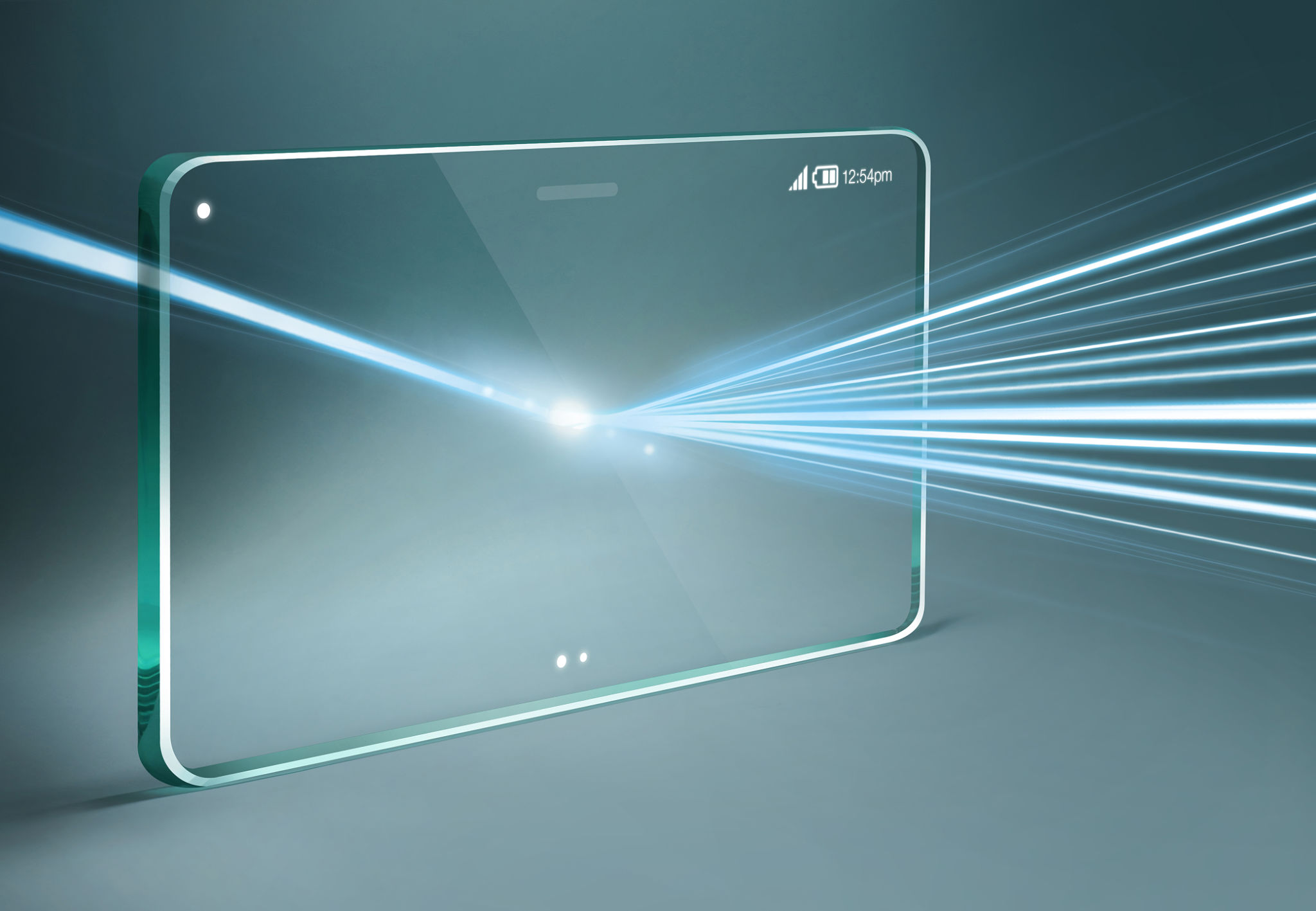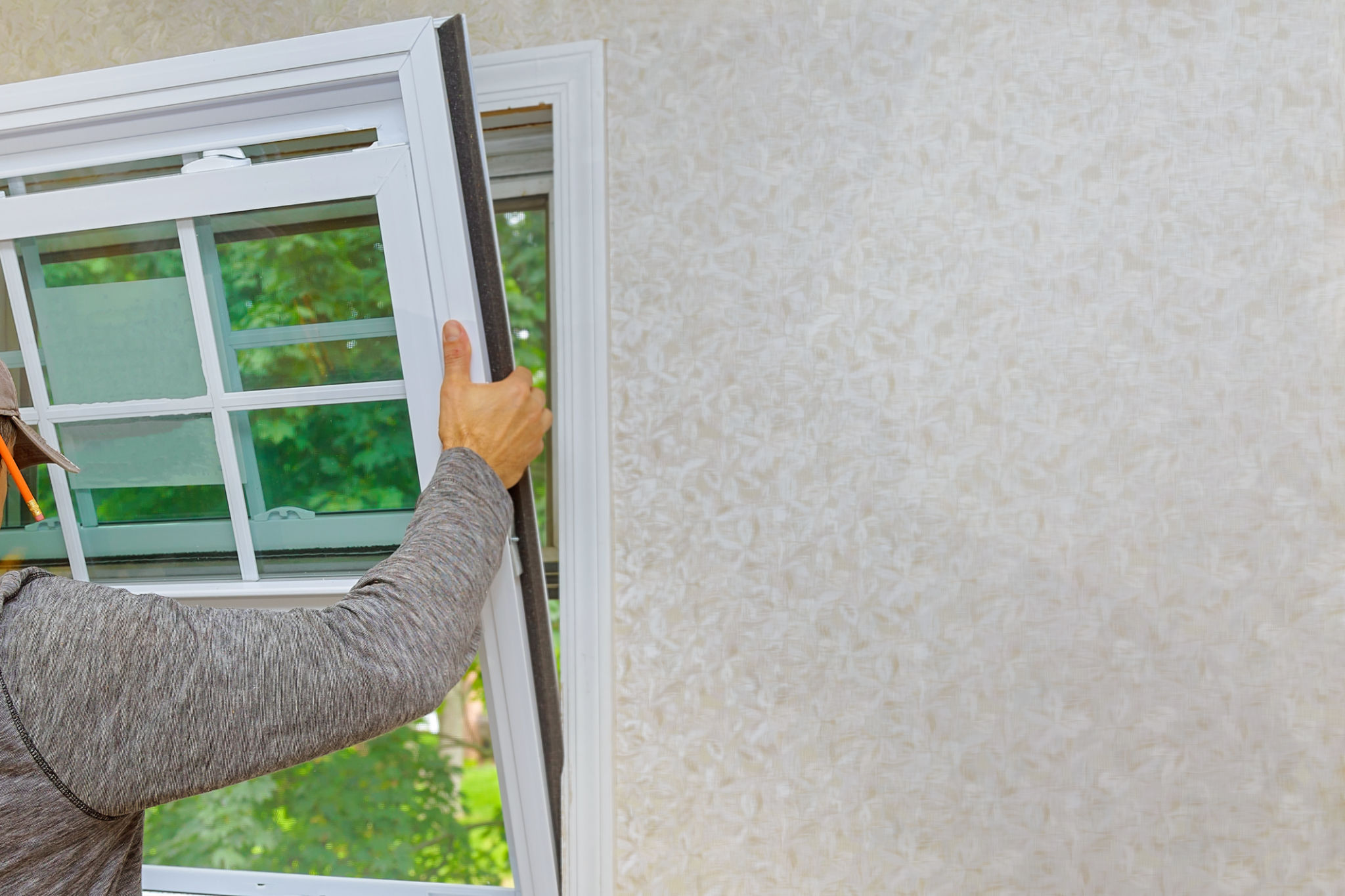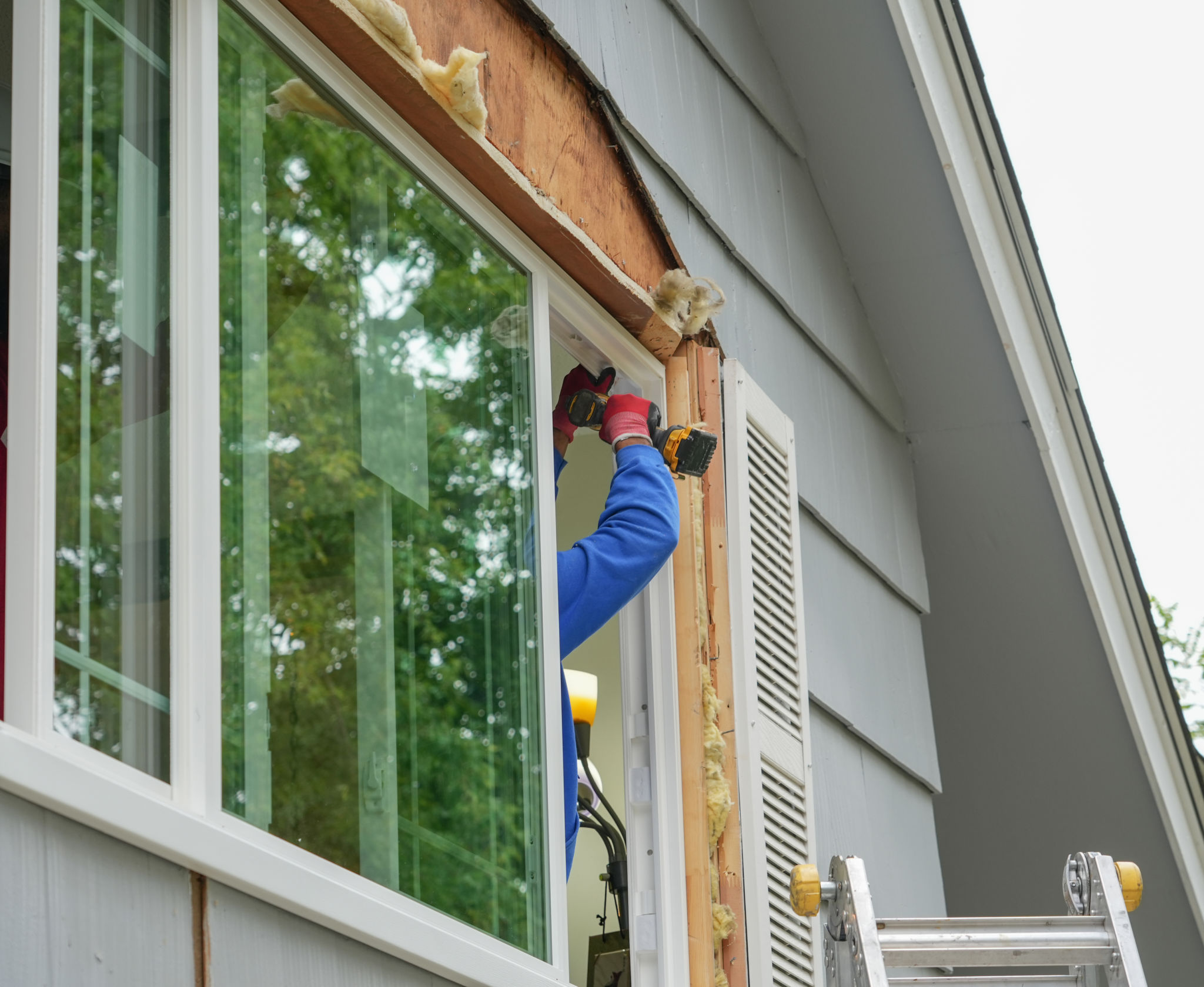Comparing Traditional vs. Smart Glass Films: Which is Right for You?
Understanding Traditional Glass Films
Traditional glass films have been around for decades, offering a simple yet effective solution for enhancing privacy, reducing glare, and improving energy efficiency in homes and offices. Typically made from polyester materials, these films are applied directly to glass surfaces, creating a barrier that can block UV rays and moderate temperature fluctuations.
One of the primary benefits of traditional glass films is their affordability and ease of installation. They are a cost-effective option for those seeking to upgrade their windows without replacing them entirely. Additionally, traditional films come in various designs and tints, allowing for aesthetic customization to suit different tastes and needs.

Exploring Smart Glass Films
Smart glass films represent the next generation of window technology, offering dynamic light control through the use of electrochromic or photochromic materials. These films can change their opacity with the flip of a switch or automatically adjust based on light exposure, providing users with greater control over privacy and lighting conditions.
While smart glass films tend to be more expensive than their traditional counterparts, they offer unique advantages such as remote operability and integration with smart home systems. This makes them an attractive option for tech-savvy individuals looking to incorporate more innovation into their living or working spaces.

Comparing Energy Efficiency
When it comes to energy efficiency, both traditional and smart glass films offer benefits, but in different ways. Traditional films generally excel in reducing heat gain during summer and heat loss during winter by reflecting sunlight and insulating windows. This can lead to lower energy bills and a more comfortable indoor environment.
Smart glass films, on the other hand, provide dynamic energy efficiency by allowing users to adjust the transparency of the glass. This means that during peak sunlight hours, users can darken the windows to reduce solar heat gain, while allowing natural light in during cooler periods. This adjustable feature can lead to more precise energy usage management.

Privacy and Security Considerations
Privacy is another important factor when choosing between traditional and smart glass films. Traditional films often provide constant privacy once installed, with frosted or tinted options that obscure visibility from outside. This makes them ideal for locations where privacy is a constant concern.
Smart glass films offer variable privacy settings, which can be adjusted as needed. This versatility is particularly beneficial in environments where privacy needs change throughout the day, such as in conference rooms or residential areas with varying light conditions.
Installation and Maintenance
The installation process for traditional glass films is relatively straightforward and can often be completed by DIY enthusiasts. However, professional installation is recommended to ensure a smooth finish and long-lasting results. Maintenance is generally minimal, requiring only routine cleaning with non-abrasive products.
Smart glass films may require professional installation due to their complexity and the need for electrical connections in some models. Maintenance can also be more involved, necessitating regular checks to ensure the technology functions correctly. However, their longevity can offset these initial challenges.

Which Option is Right for You?
Ultimately, the choice between traditional and smart glass films depends on your specific needs and preferences. If you're looking for an affordable, easy-to-install solution that provides reliable privacy and energy efficiency, traditional glass films might be the ideal choice for you.
On the other hand, if you're interested in cutting-edge technology that offers dynamic light control and integrates with modern smart home systems, smart glass films could be worth the investment. Consider your budget, lifestyle, and long-term goals when making your decision.
